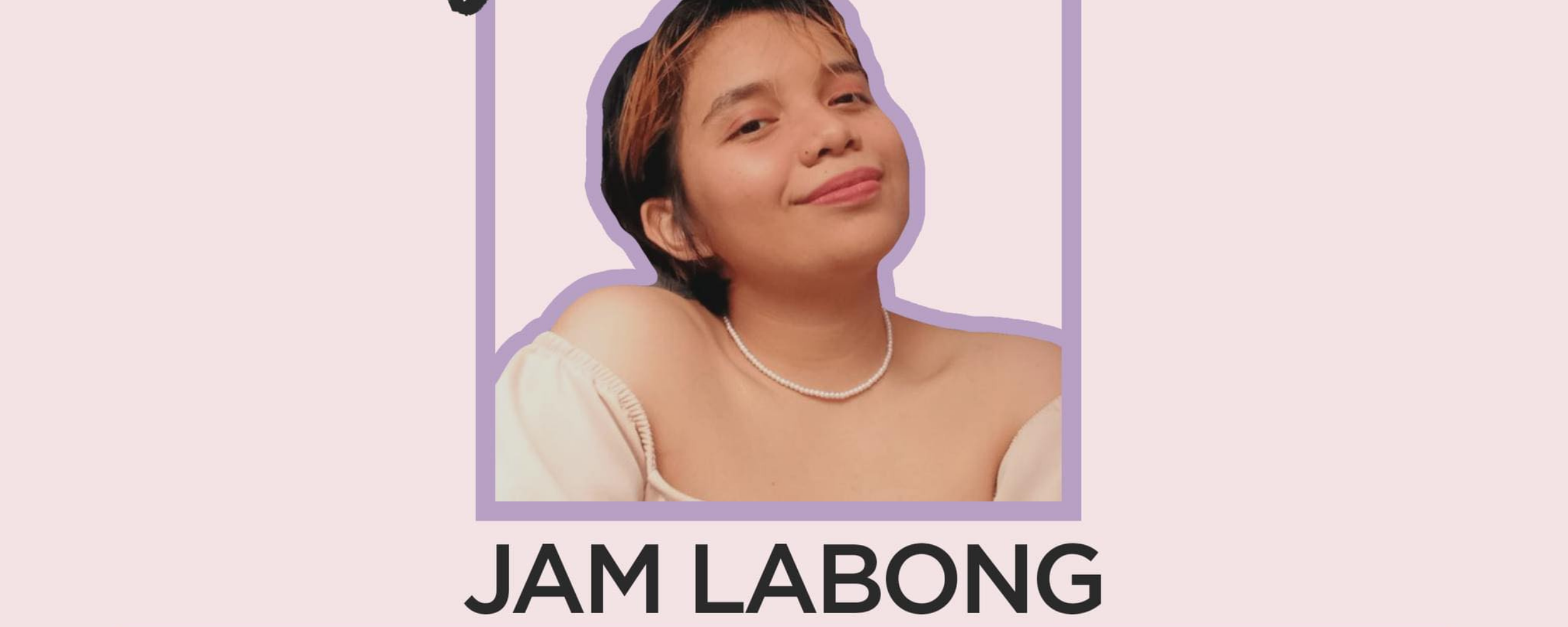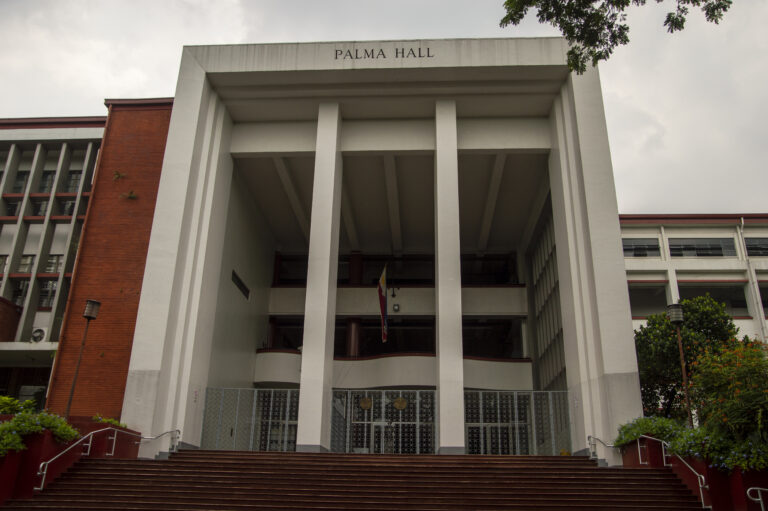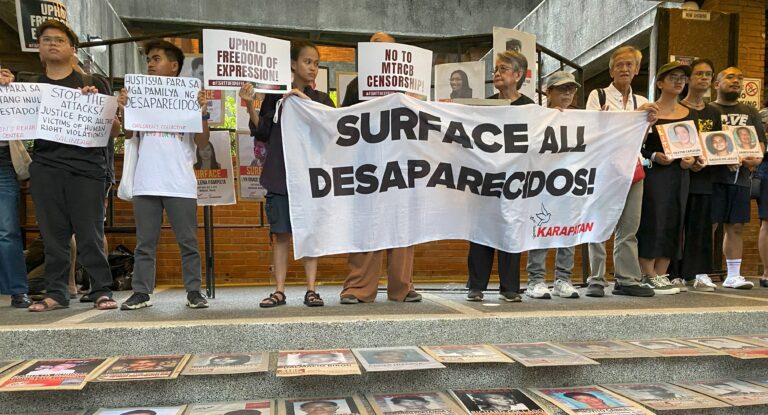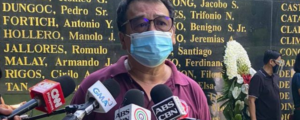
Cases of violence against women have grown exponentially over the years proven by how it worsened amid the pandemic.
Tackling issues centered on women’s objectification under a patriarchal system, Jancem Angela Merici “Jam” Labong’s paper entitled: “On the Female Nude, Sexual Bodily Services, and Women’s Objectification: A Case Study on Araki’s Sexually Explicit Photographs” made it to the 8th World Conference on Women’s Studies (WCWS).
In an exclusive interview with SINAG, 3rd Year BA Philosophy student, Labong shared her inspirations and experiences in bringing her thought-provoking and socially critical paper to life.
MOTIVATION
“At the start of the pandemic, victim blaming became a hot topic in social media—specifically, giving women checklists of what to do or what to wear to avoid getting sexually harassed,” she started, when asked about how she came to her topic of choice.
Labong shared that around that time, she felt both scared and angry that a lot of people she knew had gone through similar situations. Other cases were filed but were taking too long, and there were those who chose to remain silent to avoid having to relive the trauma they had experienced.
According to the Population Commission, a recent Social Weather Stations (SWS) survey revealed that 25%, or 1 out of 4, Filipino adults nationwide mentioned various forms of violence as one of the most pressing problems of women during the pandemic.
GABRIELA also noted a 63% increase in search queries amid the health crisis which are related to violence against women and children (VAWC), and sexual, physical, and psychological violence.
“That begs the question: why are Filipinos now suddenly looking up terms related to VAWC online?” Gabriela Secretary-General Joms Salvador brought up in a November 2021 interview.
“So, I was left with a really stark question: how many more are kept silent about their experiences?” Labong added.
She began researching about the topic and read an anthology book about the history of rape laws and even created a video about it. It was the first step she took to further understand the problem looming over our society which has greatly affected a lot of people, her being one of them.
Labong further shared being diagnosed with Post Traumatic Stress Disorder (PTSD) because of it.
The next turning point that she cited was in Professor Marielle Zosa’s class which tackled similar issues. Then and there, the idea of creating a paper about it was born.
“Surprisingly, it was qualified for publishing and it’s something I owe to the people who inspired me to do it,” Labong shared.
PROCESS
Labong said that conducting the study was both a psychological and philosophical experience for her.
“It wasn’t the most comfortable study to conduct,” she said, mentioning that there had been nauseating and disturbing instances during the research process. Philosophically, according to her, the questions that she initially asked gave birth to even more daring questions.
“My study covers a wide variety of issues that are yet to be addressed in our society such as prostitution, pornography, nature and complexity of consent, and marketizing nude art, but it all boils down to two things at their core: patriarchal tendencies and women’s objectification,” Labong stated.
She noted that patriarchy and women’s objectification are both deeply rooted in our society. Issues stemming from such have impacted women, and those of other genders, stressing the urgency to learn and be educated about these societal matters.
GOAL
When asked about her overall objective in conducting the research, Labong emphasized that it was awareness she was after.
“I have to reach people about the seriousness of the issue of being objectified, of being harassed, of constantly feeling unsafe, of meeting the expectations of the people on one’s sexuality.”
By bringing light to this issue through her study, she hoped to convey the message that women should assert autonomy over their bodies and break free from the chains of patriarchal conventions and indoctrination.
“Those who should be accountable be made accountable,” Labong remarked.
The CSSP Student Council launched a fundraiser, through their Finance and Special Projects committee, to aid Labong’s funding for training and registration for WCWS 2022.
For details on how to donate monetary support, see here: https://tinyurl.com/msx9xy2n
Featured image by UP CSSP Student Council







